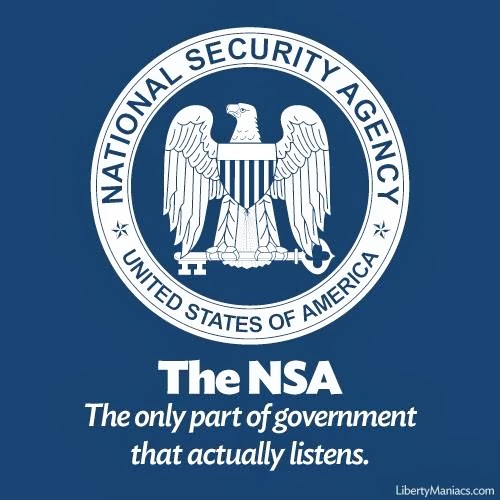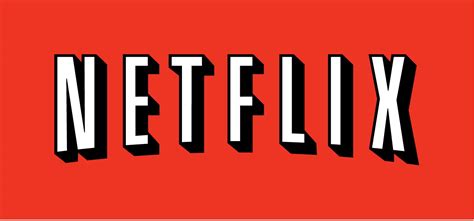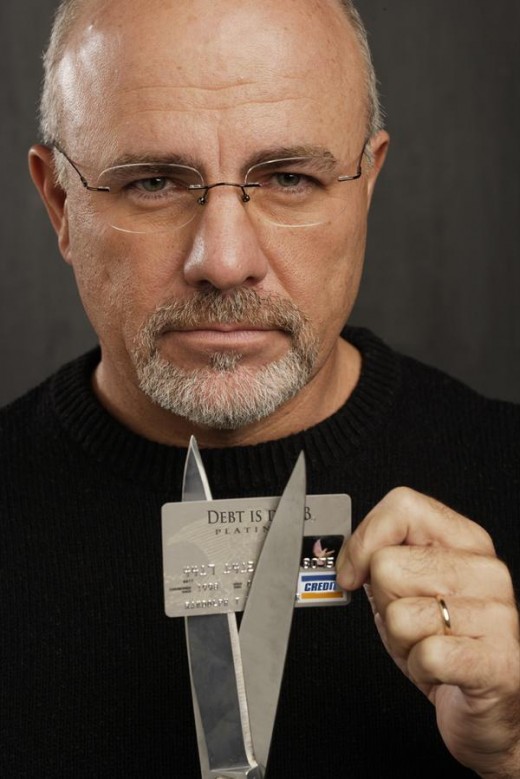Skynet is tracking you if you are a Netflix subscriber. OK, it’s not really steel robots with automatic weapons kicking in your door for violating their terms of service but it’s close.

The way it works, is that streaming service companies hire the UK firm Synamedia that uses AI, behavioral analytics and machine learning to monitor and analyse password sharing activity across user accounts, identify the rule breakers and detect the fine line between finding account sharers and harassing a customer.
“For example, the solution can determine whether users are viewing at their main home and a holiday home, or whether they have shared credentials with friends or grown-up children who live away from home.
If You Share Netflix Password With Others, an AI Could Hunt You Down
If you let your kids watch your Netflix account, they may be looking for you.
Research quoted by Synamedia reported that younger generations are used to accessing streaming services for free and rarely become paying customers.
The company revealed that 26% of millennials share passwords for video streaming services, while economic predictions indicate that in 2021, $9.9 billion of pay-tv revenues and $1.2 billion of over-the-top media services (OTT) revenues will be lost to credentials sharing.
“Casual credentials sharing is becoming too expensive to ignore. Our new solution gives operators the ability to take action. Many casual users will be happy to pay an additional fee for a premium, shared service with a greater number of concurrent users. It’s a great way to keep honest people honest while benefiting from an incremental revenue stream,” said Jean Marc Racine, CPO and GM EMEA of Synamedia.
Netflix and other streaming services know what you are watching and where you watch (via your network I.P. address) so why the third party tracking? Perhaps the A.I. will automatically notify you and send you a bill to upgrade your account to make what you watch legit? It’s not like they don’t use other algorithms and A.I. on your account, how do you think they get the 98 percent match on the suggested show?
Why is this sharing of data OK when Facebook is in deep doo-doo for sharing data with third party folks like Cambridge Analytica? The sharing by both companies was done in exchange for revenue and increased viewers, thus enhancing their stock value. Facebook’s only crime was that they did something that might have benefitted Republicans and for that they must be punished.

Which brings me to the other tech article of the day that is worth a read. It is published by the Hollywood Reporter. The article concerns a unique lawsuit against Facebook for the Cambridge Analytica story.
Cambridge Analytica parlayed its modest access to the lives of ordinary Facebook users and their family and friends into more and more information — enough to begin psychologically profiling American voters and then bombarding them with phony and real news.
And Facebook’s role?
“This kind of mass data collection was not only allowed but encouraged by Facebook, which sought to keep developers building on its platform and provide companies with all the tools they need to influence and manipulate user behavior,” states the March 23 lawsuit filed by Edelson. “That’s because Facebook is not a social media company; it is the largest data-mining operation in existence.”
What makes the Edelson lawsuit different is a name barely anyone knows: Kimberly Foxx, a state’s attorney, the top prosecutor in Cook County, Illinois. Edelson is ostensibly representing the people of Illinois through Foxx on a claim that Facebook engaged in unfair and deceptive conduct. Or, stated another way, a government official has outsourced law enforcement to a class-action attorney.
Edelson, having now been given the role of a Special Assistant State’s Attorney thanks to possessing the “required legal expertise,” as a court order confirming his appointment put it, aims to punish Facebook for violating The Illinois Consumer Fraud and Deceptive Business Practices Act. It carries massive repercussions, including $50,000 in civil penalties per violation, injunctive relief and — if egregious circumstances call for it — a lost business license to operate in the state. That’s right. Theoretically, Facebook could pay billions and be prohibited from offering its service in Illinois if it loses this lawsuit.
Edelson’s claim that “Facebook is not a social media company; it is the largest data-mining operation in existence” does make me wonder how he would describe Google or all the apps and devices reporting to your personal data to China or our National Security Agency—after all they are the only part of our government that listens.

Privacy in our society is an illusion; one I may discuss on another occasion.




